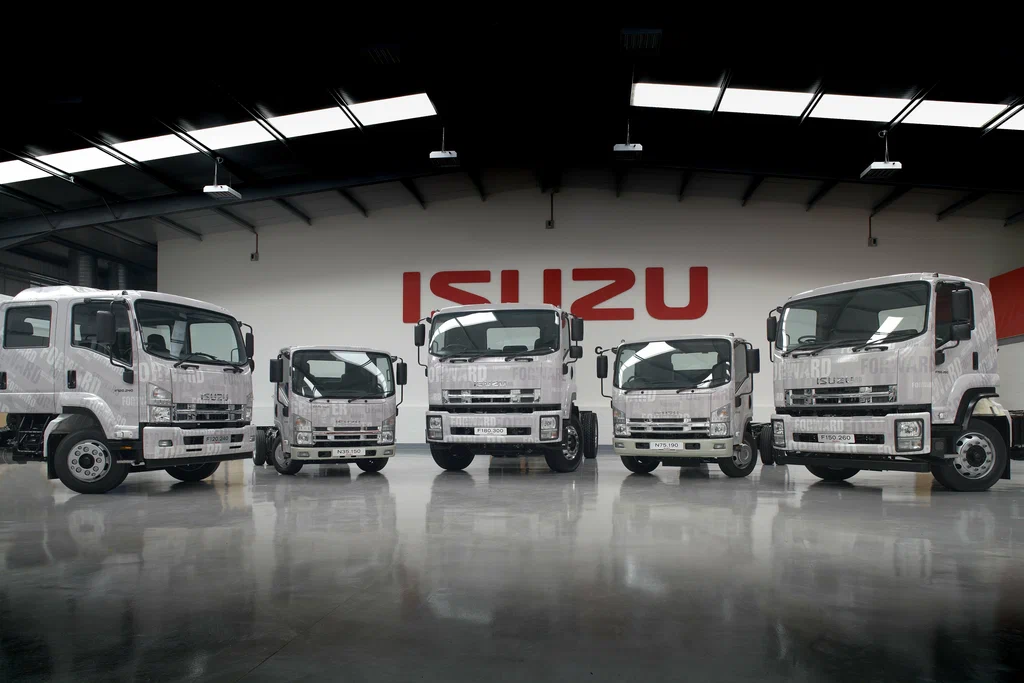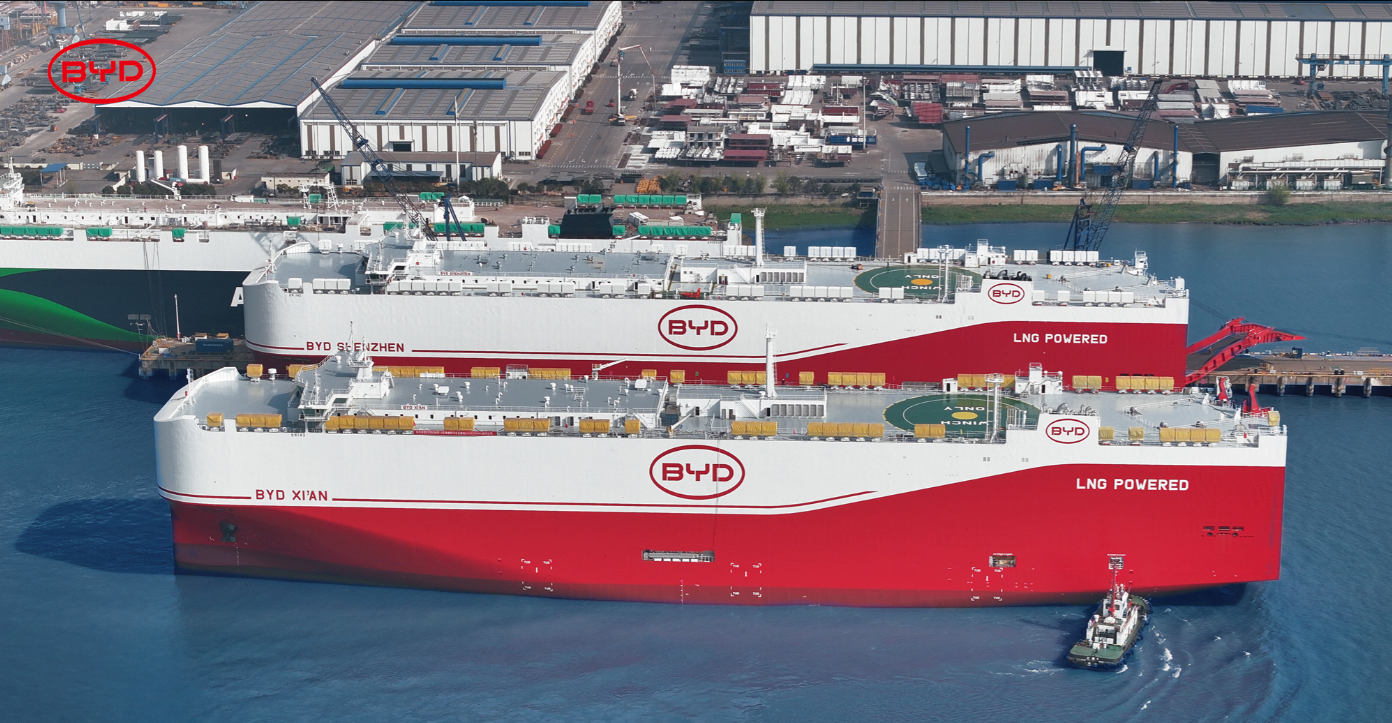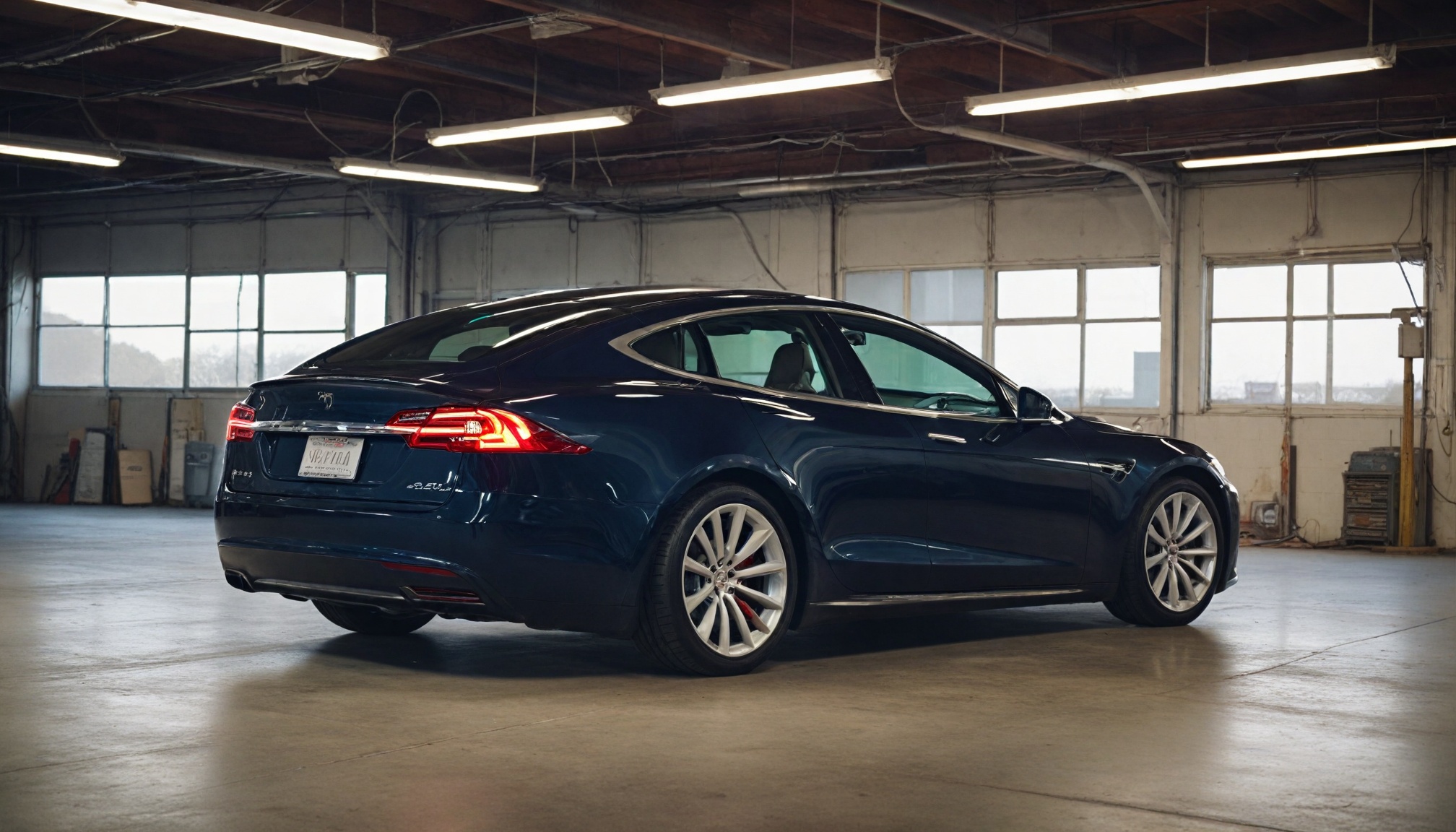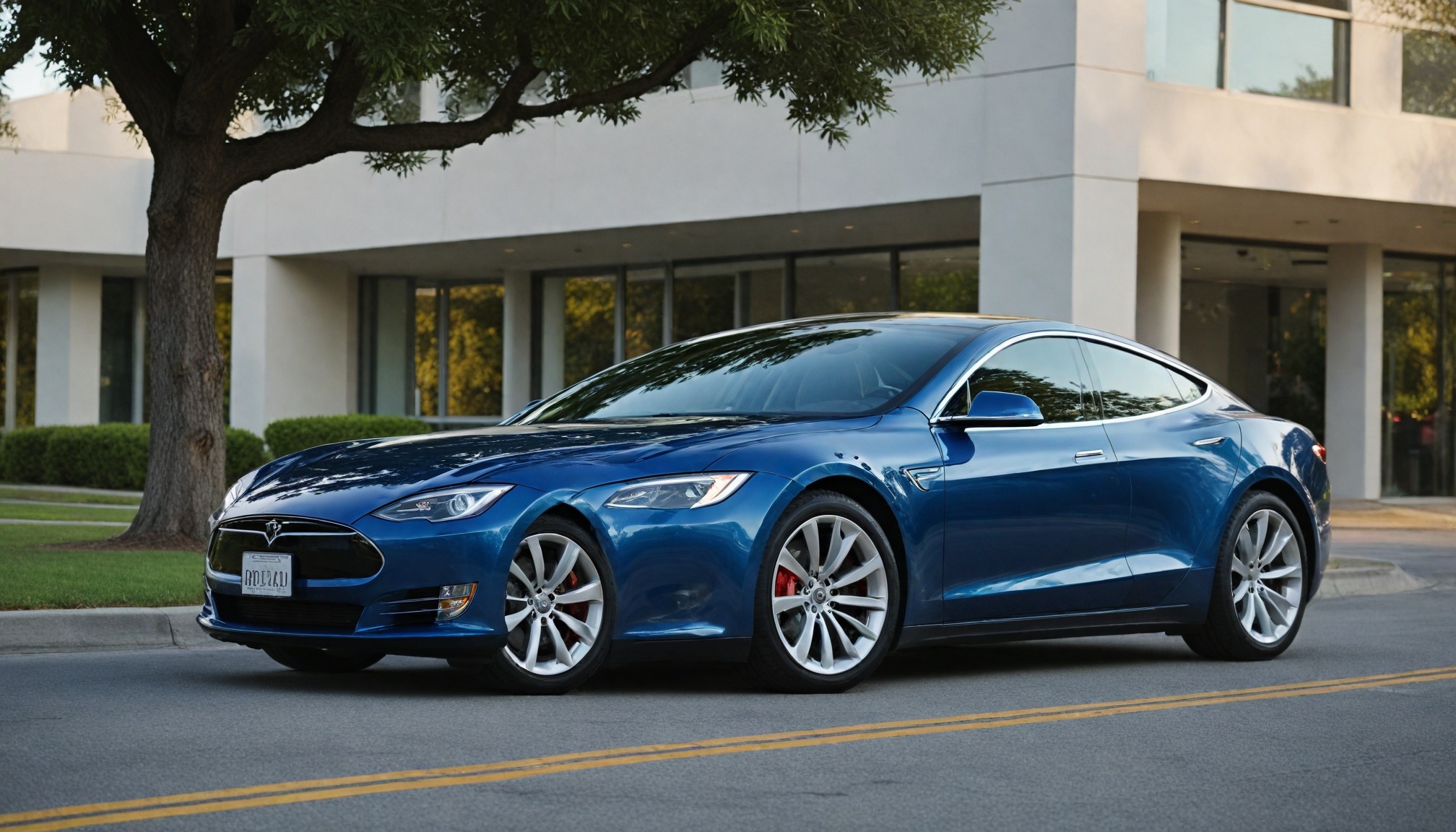
Elon Musk's leadership adds $158B to Tesla's value, but creates dependency risk with analysts warning of 25% stock decline if he exits amid growing competition from China.

Drivetech Partners
Elon Musk's leadership at Tesla represents a remarkable case study in CEO impact on corporate valuation, with the company's stock recovering $158 billion after Musk refocused his attention away from distractions like Dogecoin. This intense connection between Tesla's market performance and its CEO has prompted analysts like Gary Black to warn of a potential 25% stock decline should Musk exit the company, highlighting the double-edged nature of such CEO-dependent value.
Key Takeaways
Tesla recovered $158 billion in market value when Musk redirected his focus back to the company's core operations
Analyst Gary Black warns of a potential 25% stock decline if Musk were to exit as CEO
Musk's leadership style combines technical visionary capabilities with controversial management approaches
Growing political entanglements create both opportunities and regulatory risks for Tesla
Chinese manufacturers present intensifying competition in the electric vehicle innovation race

Elon Musk: The $158 Billion Man Behind Tesla's Valuation
Since taking the helm as Tesla's CEO in October 2008, Elon Musk has transformed the company from an ambitious startup into one of the world's most valuable automakers. The impact of his leadership on Tesla's market valuation has been nothing short of extraordinary, with the company experiencing dramatic surges in market capitalization directly linked to Musk's involvement and focus.
Despite this remarkable growth, Tesla's stock remains about 50% below its December peak as of April 2025. The company's recent recovery of $158 billion in market cap followed Musk's withdrawal from high-profile distractions like Dogecoin, demonstrating the market's sensitivity to his attention and commitment.
Under Musk's leadership, Tesla achieved all the ambitious targets set in his 2018 CEO pay package, which was approved by approximately 73% of disinterested shareholders. This package, designed to align Musk's compensation with exceptional company performance, has since become a testament to both his vision and execution capabilities.
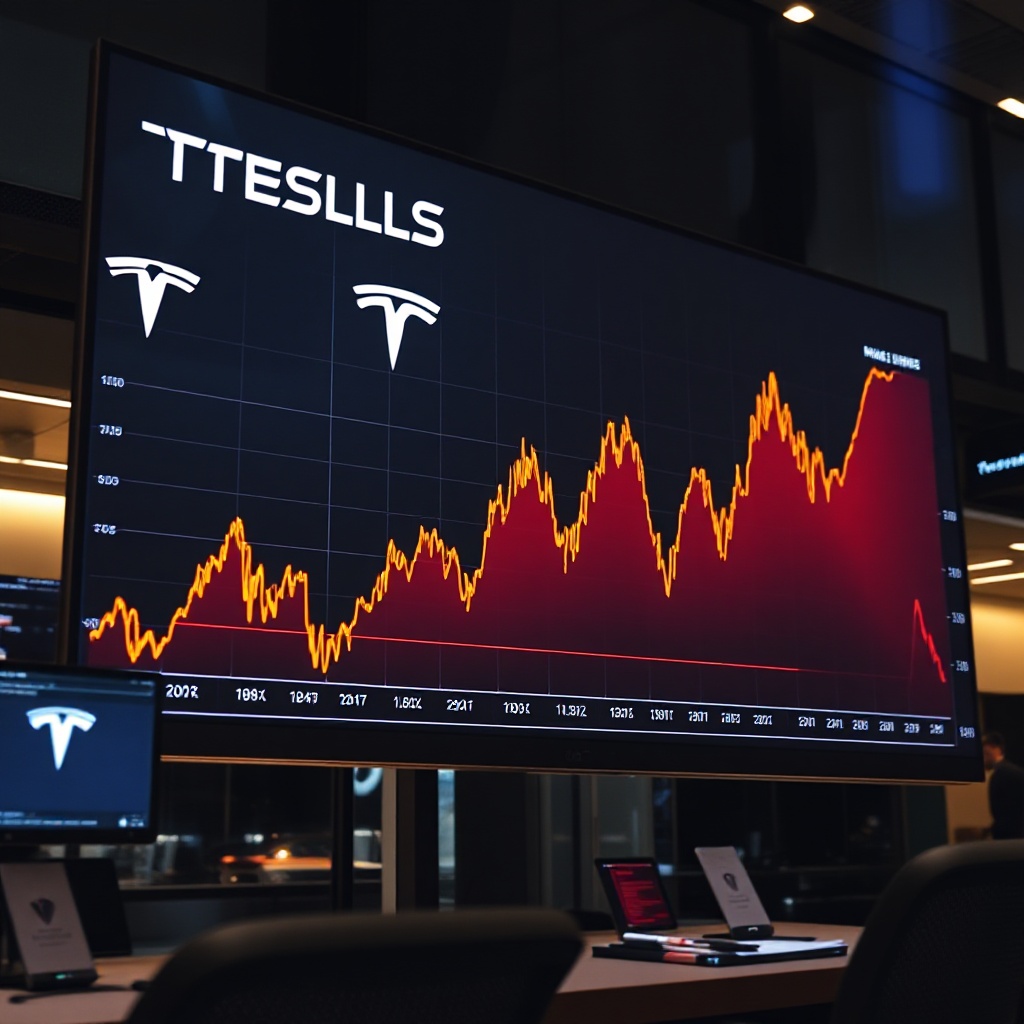
The 25% Downside Risk: Why Analysts Fear Musk's Potential Exit
Gary Black, a prominent analyst following Tesla, has issued a stark warning that the company could face a 25% stock price decline if Musk were to exit his role as CEO. This assessment underscores the extraordinary degree to which investor confidence in Tesla is tied to Musk's continued leadership.
As founder, largest shareholder, and public face of the company, Musk has come to be viewed as virtually irreplaceable by many stakeholders. His personal risk-taking was crucial to Tesla's early survival, including investing his own capital during precarious financial periods and championing bold strategic moves when conventional wisdom suggested caution.
The direct-to-consumer sales model that Musk championed has become a defining characteristic that distinguishes Tesla from traditional automakers. This innovation in sales approach, combined with his public persona, has created a premium in Tesla's valuation that many analysts attribute directly to Musk's presence.
Innovation Versus Controversy: Musk's Double-Edged Leadership Style
Musk's leadership style is characterized by a hands-on, sometimes coercive management approach. This has been exemplified by high-profile layoffs, including a 24% reduction in workforce in 2008 and an announced 10% cut in 2022. While such decisive actions have helped Tesla navigate financial challenges, they've also created a workplace culture that can be demanding and unpredictable.
His innovation-driven vision serves as a powerful motivator for many employees who are inspired by the company's mission to accelerate the world's transition to sustainable energy. However, this same demanding leadership style can lower employee satisfaction and create high-pressure environments across the organization.
Musk exerts significant control over decision-making at Tesla, often limiting the autonomy of senior leaders. His technical expertise and operational involvement are central to the company's direction, creating a leadership structure where major initiatives typically require his personal approval and oversight.
Political Entanglements: How Musk's Growing Political Profile Affects Tesla
In recent years, Musk's political activities have expanded to include explicit endorsements of political figures and participation in U.S. government advisory roles. These growing political connections create a complex landscape of both opportunities and challenges for Tesla as a company.
His influence as an advisor in the Trump administration creates potential benefits through policy access but also introduces regulatory risks depending on political shifts. Involvement in contentious global issues, including disputes in Europe and cryptocurrency advocacy, has further affected Tesla's public image in ways that can be difficult to predict or control.
Investors closely monitor these activities for signals about regulatory risks and potential impacts on Tesla's market position. The company's valuation can be influenced by perceptions of how Musk's political stances might affect everything from government contracts to environmental regulations across different markets.

The China Challenge: Innovation Pressures in a Competitive EV Market
Tesla faces intensifying competition from China, which is rapidly becoming a leading innovator in electric vehicles. Chinese manufacturers are closing the innovation gap in advanced industries at an unprecedented pace, threatening Tesla's technological edge that has been central to its premium market position.
The pressure to maintain market leadership drives Tesla's need for continuous innovation in battery technology, autonomous driving capabilities, and manufacturing processes. This competitive landscape creates both challenges and opportunities, as Tesla must constantly evolve to maintain its position as an industry leader.
Musk's leadership is widely seen as critical to navigating this competitive landscape, particularly given his technical background and hands-on approach to product development. His ability to drive engineering innovations and manufacturing improvements is considered essential to Tesla's ongoing efforts to stay ahead of increasingly capable global competitors.
Assessing Tesla's Future: The Leadership Succession Question
Many investors believe Musk's unique vision and public persona are integral to Tesla's brand and ongoing success. Markets react strongly to uncertainty about his continued leadership, with even subtle hints about potential leadership changes triggering stock volatility.
Tesla's long-term innovation pipeline and strategic direction depend heavily on Musk's vision for the future of transportation and energy. Product roadmaps, from the Cybertruck to robotaxis, carry his distinctive imprint and are closely associated with his personal brand in the minds of many consumers and investors.
The company faces the significant challenge of balancing its reliance on Musk with developing credible succession plans. This tension between the value Musk brings and the need for organizational sustainability creates a strategic dilemma that Tesla's board must address to secure long-term shareholder value.
The Verdict on Musk's Value to Tesla: Indispensable or Overestimated?
Under Musk's leadership, Tesla has achieved transformative growth that exceeded industry expectations, revolutionizing the automotive sector and pushing the boundaries of what's possible in electric vehicle technology. His role combines technical visionary, operational leader, and brand ambassador in a unique package that few executives could replicate.
Tesla stockholders have seen significant value generation during Musk's tenure, with early investors enjoying returns that far outpaced conventional automotive investments. However, the 50% stock drop from its peak raises legitimate questions about the sustainability of a Musk-driven valuation premium over the long term.
Balancing the "Musk premium" with business fundamentals remains critical for investors assessing Tesla's future prospects. While his contributions to Tesla's success are undeniable, the degree to which the company's $158 billion market recovery depends on a single individual creates both opportunity and vulnerability that sophisticated investors must carefully weigh.
Sources:
Fortune - Elon Musk's retreat from DOGE has lifted Tesla's market cap by $158 billion
UCONN Digital Commons - A Critical Investigation of Elon Musk
TechPolicy.Press - Tracking Elon Musk's Political Activities
ITIF - China Is Rapidly Becoming a Leading Innovator in Advanced Industries
